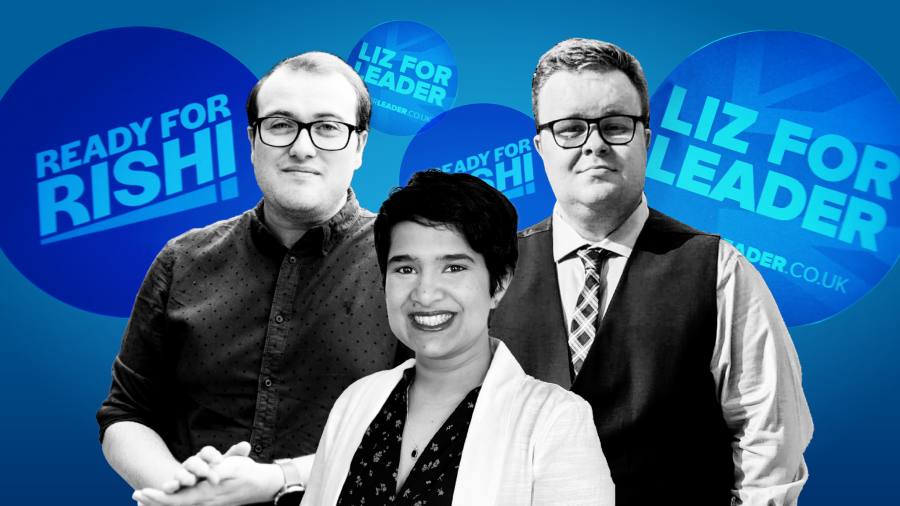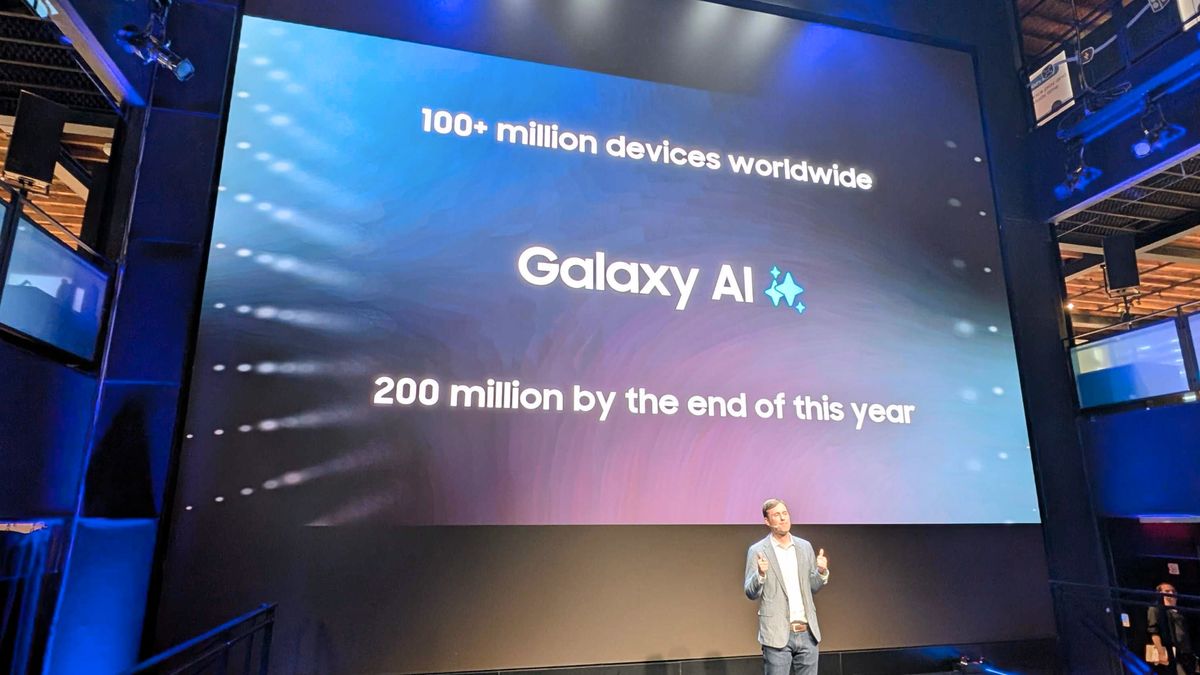Conservative leadership contenders Rishi Sunak and Liz Truss “need a severe reality check” when it comes to tackling the cost of living crisis, according to masters student Reuben Earl.
“Nothing they have come out and said amounts to realistic and practical advice to help young students, professionals and working families,” added the 23-year-old Tory party member.
Many young Conservative party members say they are frustrated by the candidates vying to be the next prime minister and their lack of engagement on intergenerational inequality.
Earl, who is also a member of grassroots Tory activist organisation Blue Beyond, said he has not decided which of the two candidates he will vote for in the leadership campaign, which closes on September 2.
Only around 6 per cent of the 150,000 Conservative party membership is aged between 18 and 24, while 36 per cent are between 25 and 49 years-old, according to 2020 research by Queen Mary University of London and the University of Sussex. But many are heavily involved in election campaigning with ambitions to rise up the ranks to national politics.
Polling last week by Opinium Research indicated that Truss holds a 22 per cent lead over her rival across the entire Tory membership. But the picture is less clear for younger voters.
“There is a statistically significant difference between the views of younger and older Conservative voters,” said Chris Curtis, head of political polling at Opinium. “But it is important to note that given there are so few young Conservative members that the sample sizes are quite small.”
In the same survey, the majority of Tory members under 50 backed Rishi Sunak, while around two-thirds of over 50s favoured Truss.
Sunak has centred his campaign on a pledge of fiscal responsibility, promising to tackle inflation — which has reached a 40-year high of 10.1 per cent — and support for struggling households through measures such as removing the VAT on domestic bills.
By contrast, Truss is promising to establish a low tax, high growth economy. She has promised to scrap a planned corporation tax rise and pledged to establish low-regulation “investment zones”.
Young Tories say they are concerned about the foreign secretary’s economic policies. “I’m a bit sceptical about Truss’s proposed tax cuts as it’s a short-term tactic which will need to be supplemented by borrowing,” said 27-year-old PhD student Akhila Jayaram, who like Earl is a member of Blue Beyond.
“It’s my generation that has to foot the bill later down the line through public service cuts and austerity,” she added.
This was echoed by 19-year-old Max Fenton-Stone, chair for the Cambridgeshire Young Conservatives, who described Sunak’s tax policy as “realistic”, adding that the former chancellor had “charisma”.
Polling by Conservative Young Women, a group for female members aged 18 to 35, showed that 60 per cent believed Truss would win the leadership contest. But 52 per cent said Sunak would be the better leader, compared to 41 per cent for Truss.
But not all young Tories support Sunak’s economic pitch. Jordon Millward, 28, argued that once it became clear that the race was between Truss and Sunak, the choice was simple.
“This is a leadership contest being run on the economy,” said Millward, who is chair of the West Suffolk Young Conservatives. “Part of my frustration with Rishi is that he keeps talking about bringing in changes to the economy, but he was chancellor. Why were none of these policies brought in earlier?”
For Andy Wilkins, a 22 year-old graduate and chair of the Southend West Young Conservatives, Truss simply represents the best of the worst. “I have to look at who has done the country and politics the least damage in recent months and for me that is Truss,” he said. “Ultimately, she wasn’t embroiled in the partygate scandal and didn’t break coronavirus rules”.
Regardless of which candidate they were backing, young Tories were agreed that the country’s housing crisis needed urgent attention.
The foreign secretary has proposed allowing first time buyers to use rent payments as part of their mortgage application, while Sunak has pledged to make housing more plentiful by hitting developers with “use it or lose it” land bank taxes, but 21-year old Truss backer Thomas Moss argued that more ambitious thinking is required.
“Because our base is made up of wealthier individuals who often own their own home or multiple, common sense policies such as building more houses on protected land go out of the window,” he said.
Even as young party members weigh up the leadership choices, there was dissatisfaction with the tone of the leadership contest. George Holt, spokesperson for the Young Conservative Network, a UK wide organisation for Tory activists, said that polling done by YCN revealed a sense of “apathy and frustration” around the race.
“The next prime minister will have a challenge on their hands ensuring that the Conservative base — and especially young activists — remain energised and excited going forward,” he said.
Some believe that having the parliamentary Tory party shortlist candidates before the membership is given a vote, is detrimental to rising talent within the party, notably former defence secretary Penny Mordaunt and former equalities minister Kemi Badenoch.
“It feels as though the membership haven’t been given a proper choice,” said Hugo Rasenberg, 17, chair of Beaconsfield Young Conservatives. “From the offset I was a Kemi Badenoch supporter — I felt quite robbed of my decision.”
Despite their concerns, many young Conservatives remain optimistic about the party’s future.
“The party is going through a temporary rocky road — but I would argue that happens to most parties that have been in power for a long time,” said 19 year-old Truss supporter John White.
“The fact that we could soon have our first Asian prime minister or third female prime minister is a tribute to how far the party has progressed.”



















Discussion about this post